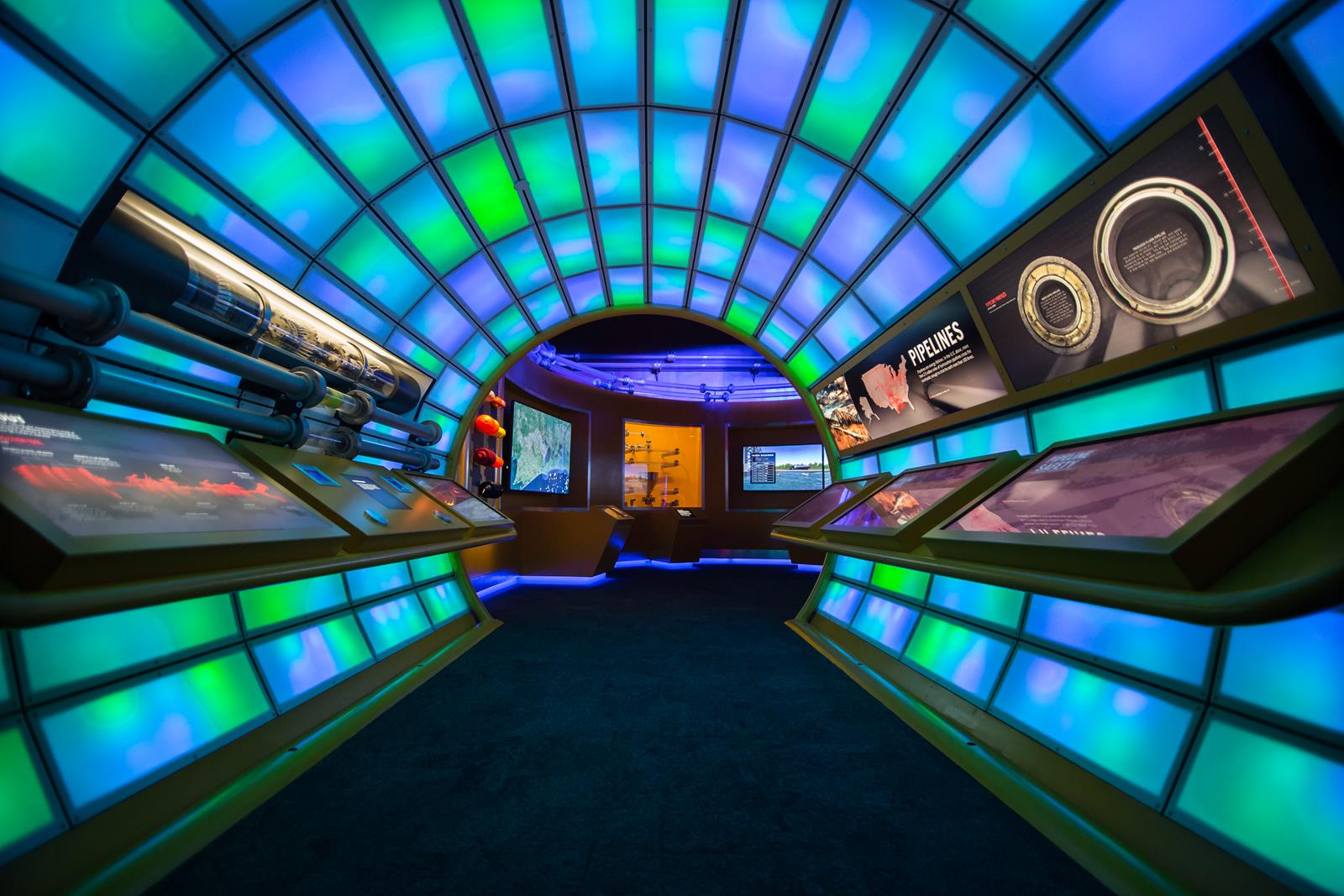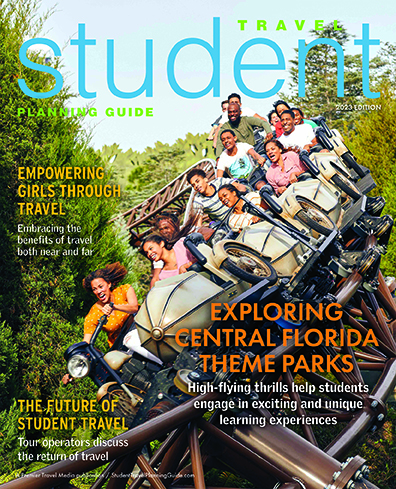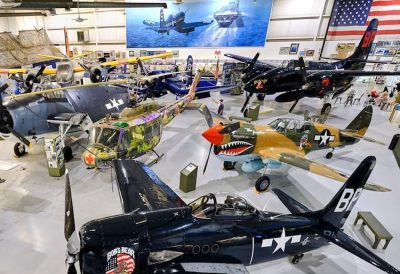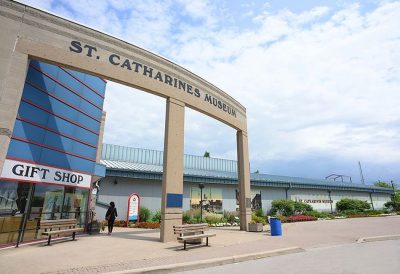Spanning many industries like energy, manufacturing, aeronautics, healthcare and transportation, Houston offers leading and diverse educational opportunities encompassing STEM activities for students of all ages and academic levels.
Museums & Zoos
The Houston Museum of Natural Science (HMNS) brings learning to life through education centering on the natural sciences. Established in 1909 with the aim of offering residents an institution focused to “enhance in individuals the knowledge and delight in natural science and related subjects”, HMNS sees over two million curious visitors every year. HMNS houses a treasure trove of exhibits that include permanent and special collections. Permanent exhibitions include the Morian Hall of Paleontology curated by a world-renowned paleontologist, Dr. Robert T. Bakker. Here, student groups can take a “prehistoric safari” of evolution and see displays of fossils and ancient skeletons in action-oriented positions. Also within HMNS, the expansive Wiess Energy Hall has the distinction of being the most comprehensive and technologically advanced exhibition on the science and technology of energy anywhere in the world. The hall features not-to-be-missed attractions like Geovator and Energy City, a 3-D landscape representation of Houston. EFX 3000, Unconventional Hydrocarbon Revolution and Energy Jukebox. Other exhibitions at HMNS include Welch Chemistry Hall supported by the Houston Medical Center, Rice University, University of Houston and the Houston chemical industry, Hamman Hall of Texas Coastal Ecology and the Farish Hall of Texas Wildlife showcasing rare, endangered and extinct species. In addition to exhibits, HMNS facilitates STEM workshops, onsite outreach programs and summer camps for educators and students ranging from tots to teens.
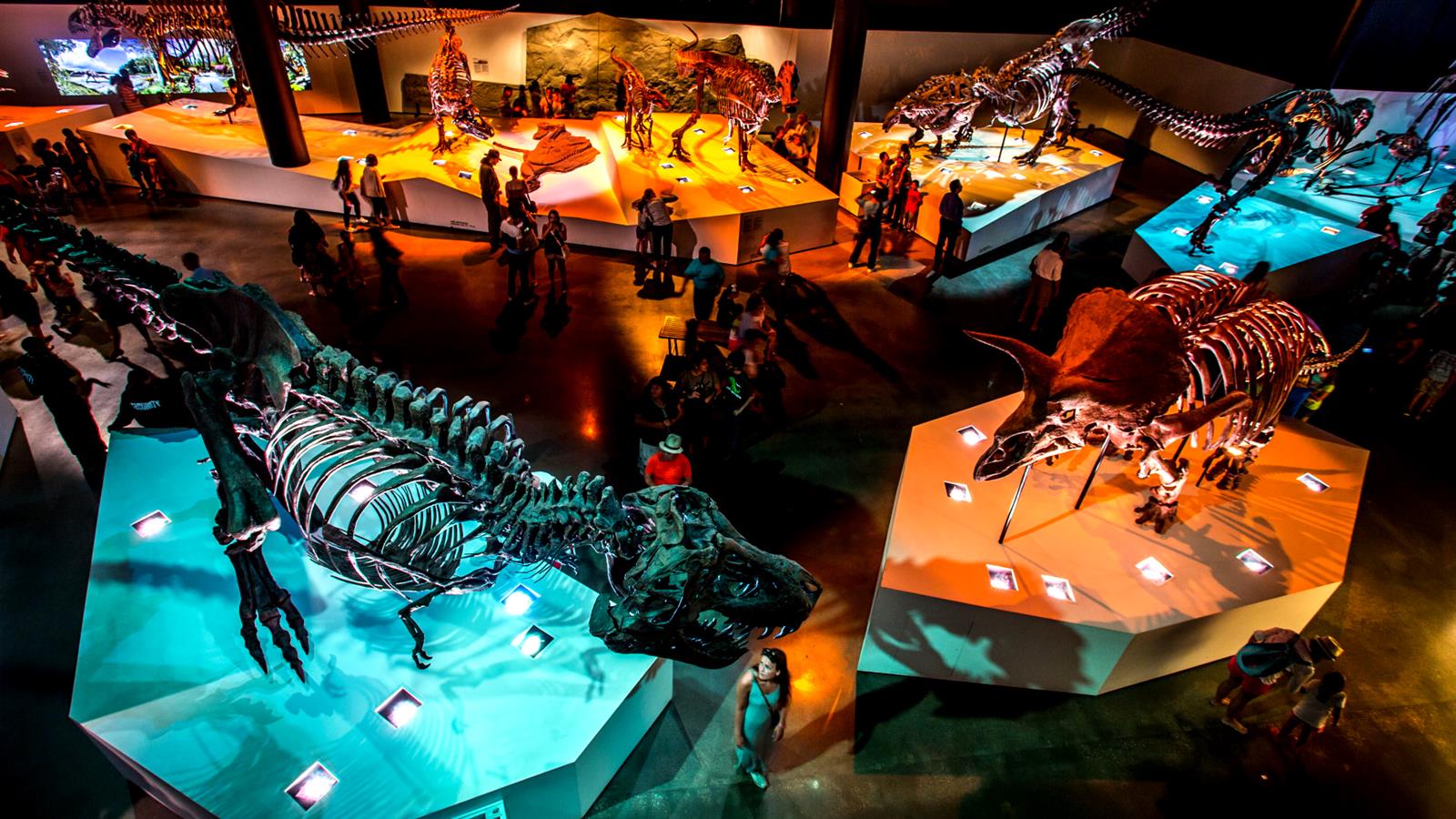
Credit: Houston Museum of Natural Science
The Health Museum is where student groups can learn about the human body, health and the medical sciences and be engaged with exhibits renowned Amazing Body and the world-class DeBakey Cell Lab where students can gain insights on cellular biology across seven interactive lab stations. Students can suit up like real lab scientists complete with lab coats and gloves and test microbial agents, isolate DNA from wheat germ and view chromosomes from real fruit flies, among other activities. Students can and explore the structure and function of organs in Dissect It Yourself labs. The Doc for an Hour program allows student groups to complete authentic medical tests using professional lab tools, work with a state-of-the-art human patient simulation robot, analyze test results, develop a diagnosis and suggest treatment for illness. Hands-on cooking activities at the Nutrition Lab is an informative session on the importance of micro and macro nutrients in a balanced diet. Students can also watch educational movies and talks related to the exhibits at the McGovern Theater.
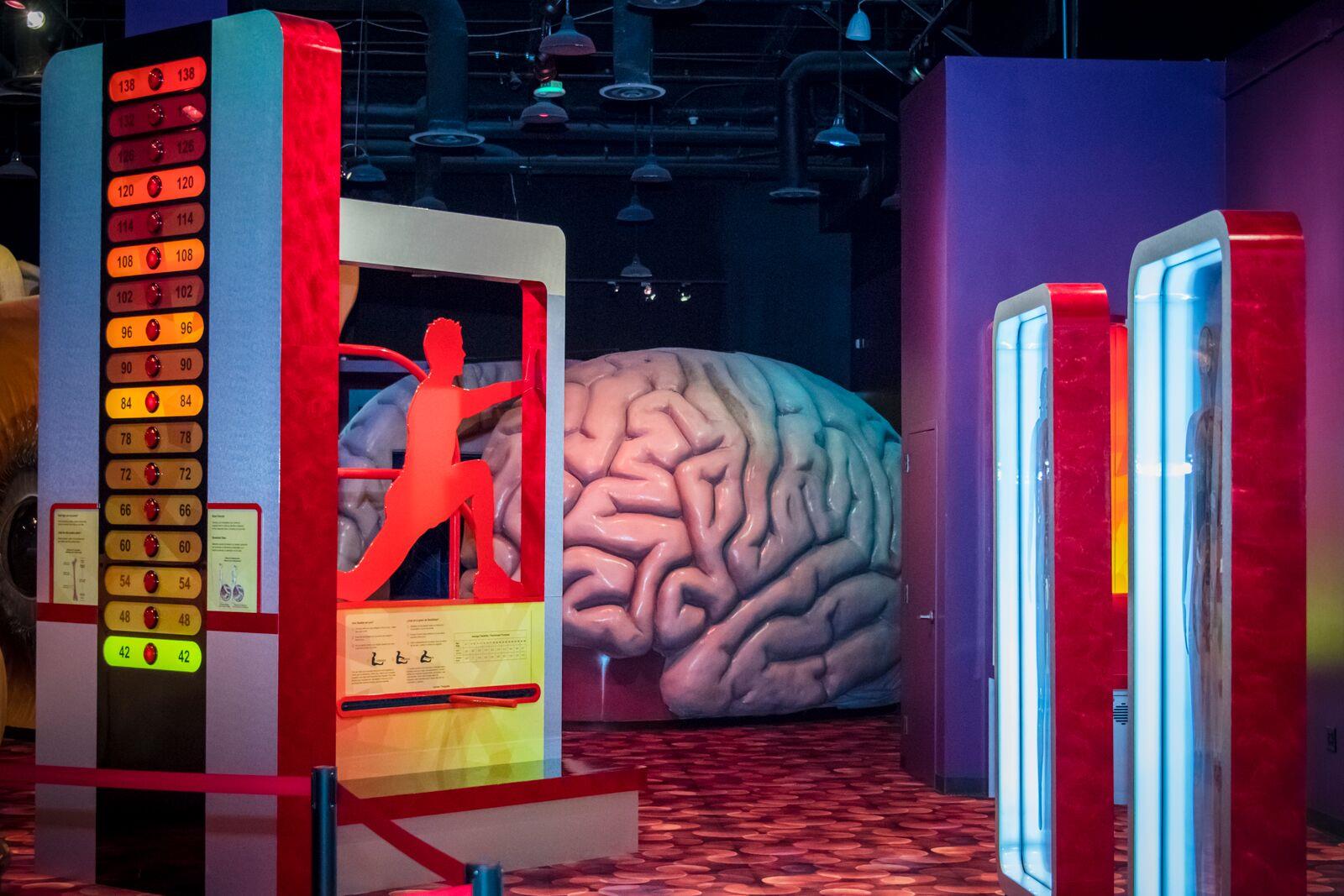
Credit: Health Museum
For a wild and educational experience, the Houston Zoo offers learning programs like Camp Zoofari where students between the ages of four and 16 years can participate in interactions with animals. Additionally, college students can sign up for internship opportunities in the fields of conservation, education and water quality. The zoo has daily supervised hands-on activities featuring primates of the day and giraffe feeding sessions. Students can explore exhibits at the zoo like the Hamill Foundation Black Bear Exhibit, African Forest where the Southern White Rhinoceros along with Masai Giraffe are popular residents, the Kathrine G. McGovern Texas Wetlands that features three native Texas species – bald eagles, whooping cranes and American alligators, which were once near extinction and the Bird Habitat with over 200 species and 800 individual birds and the Fischer Bird Garden, Tropical Bird House and Birds of the World exhibits.
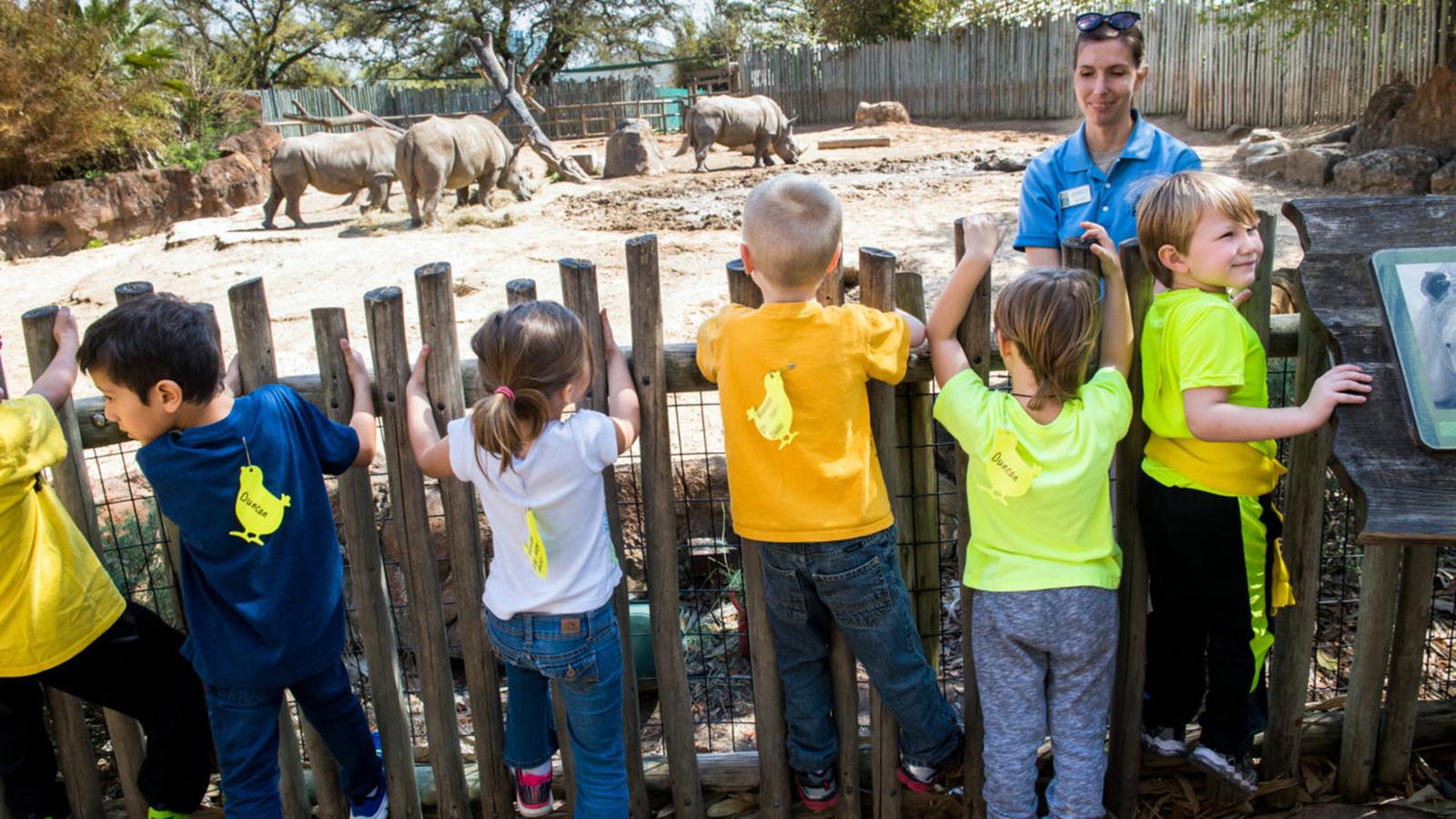
Credit: Houston Zoo
The Kipp Aquarium located within the zoo premises has over 200 species and 2,000 individual fresh and saltwater fish, as well as marine invertebrates and includes the Gulf of Mexico exhibit, a 10,000-gallon tank filled with iridescent fish and cownose rays. Students interested in learning more about the underwater habitat along with ocean conservation and sustainable programs can sign up for the Behind the Scenes experience at the aquarium.
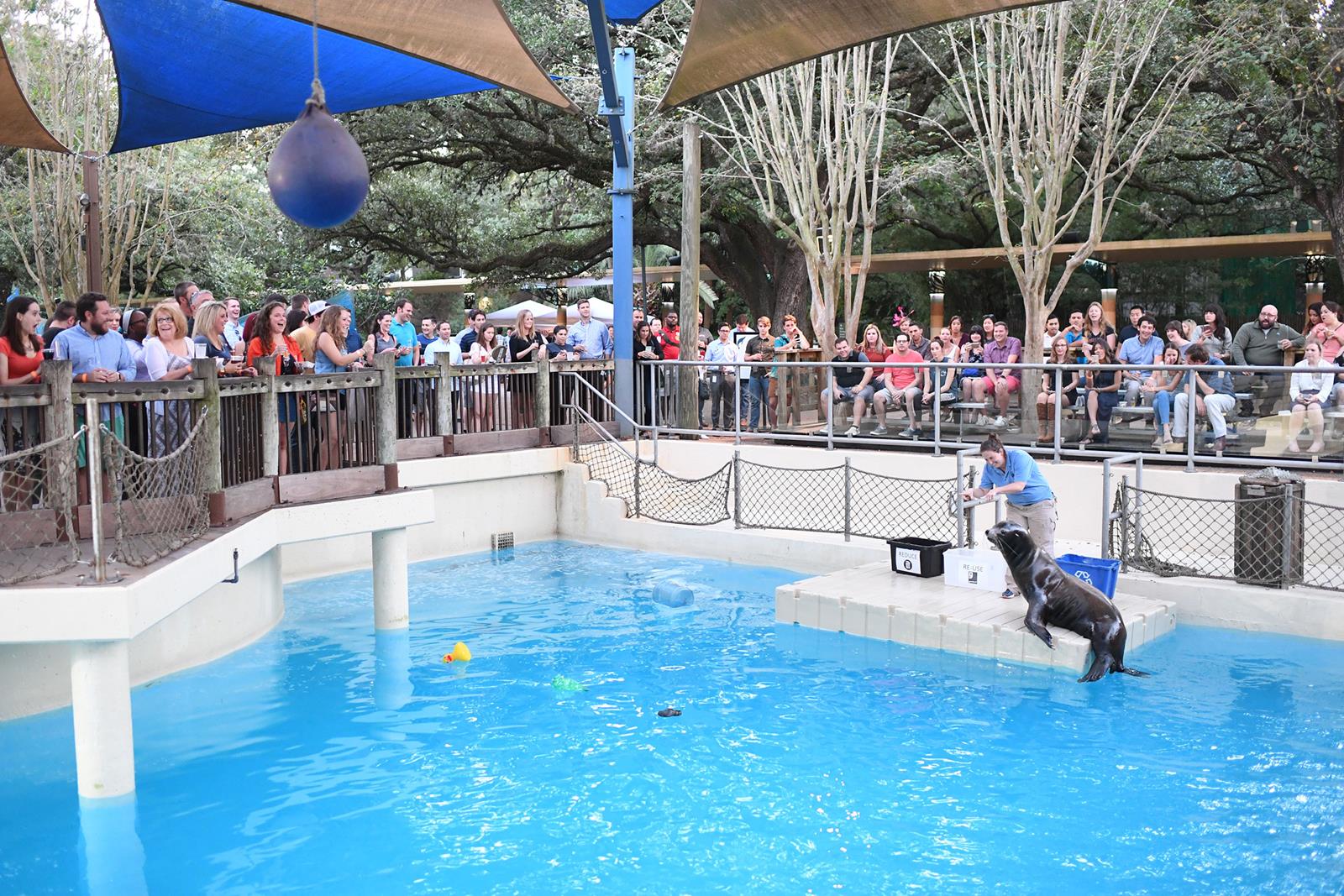
Credit: Kipp Aquarium
Science & Technology
Undoubtedly, one of the biggest draws in Houston for STEM students is NASA’s Lyndon B. Johnson Space Center (JSC). Spanning 1,620 acres in the Clear Lake area, JSC is the home of mission control, NASA’s lead for International Space Station operations and missions, home to the Orion multi-purpose crew vehicle and numerous advanced human exploration projects. Every NASA Astronaut and international space explorer who has crossed the threshold of the International Space Station or flown on the space shuttle has trained at JSC. At JSC, the NASA Stem Engagement is a program that inspires, engages and educates the next generation of explorers through social media channels, lectures, workshops and competitions. Internships are also offered where students can use their creativity and innovation to work on projects impacting NASA’s mission.
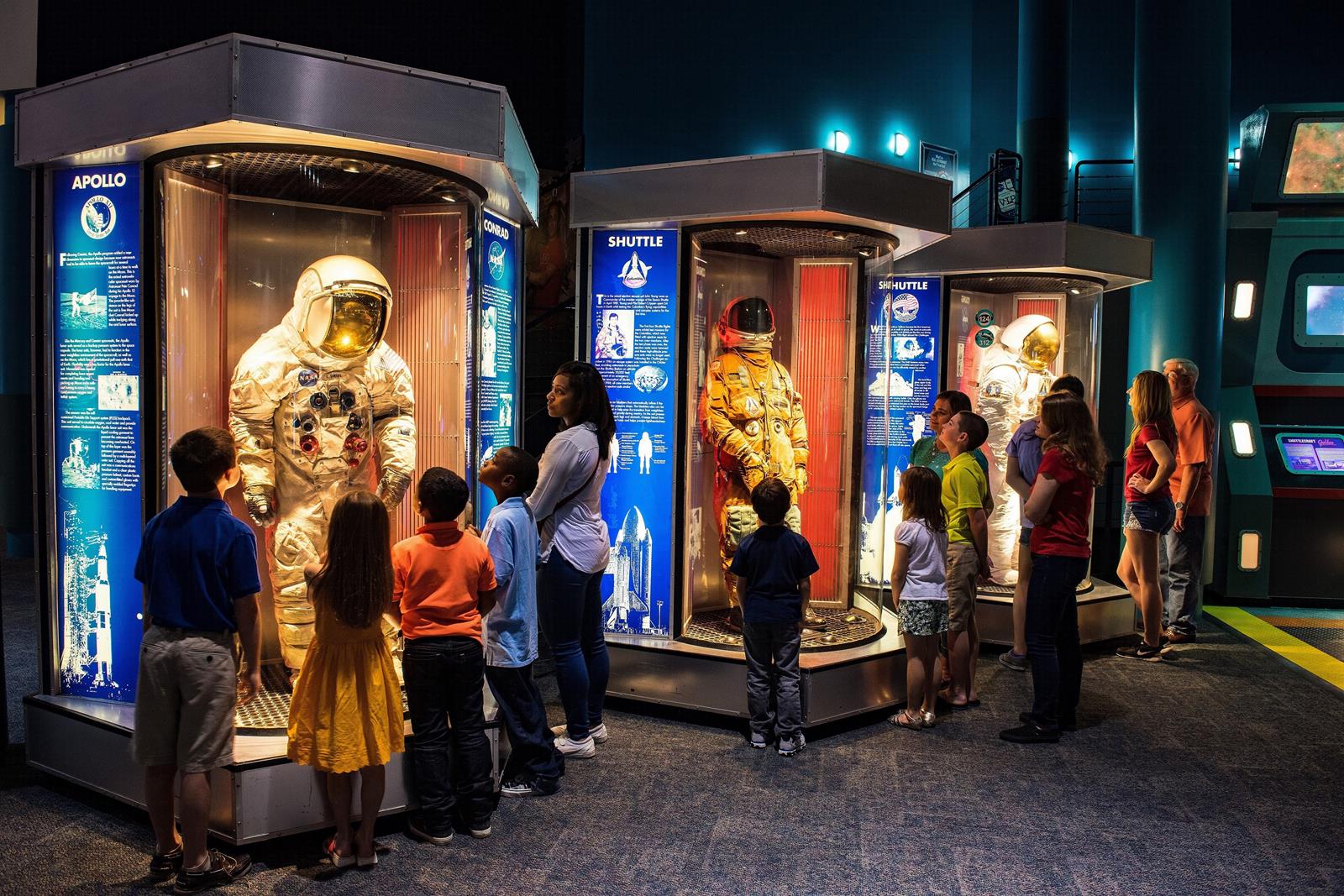
Credit: Lyndon B. Johnson Space Center
Universities & Academia
The University of Houston STEM Center has many resources and activities for students and educators to participate in. The summer camps feature curriculums designed by an Intel International Science and Engineering Fair (Intel ISEF) finalist and offers students the chance to work with groups and conduct science experiments, learn the science behind sports and work alongside Science Fair participants to learn what it’s like to showcase their science projects. The G.R.A.D.E. Camp gives 8th to 12th grade girls the opportunity to design their own robots and interact with Houston-area female engineers and engineering students to learn more about engineering and career options.
Nature & Outdoors
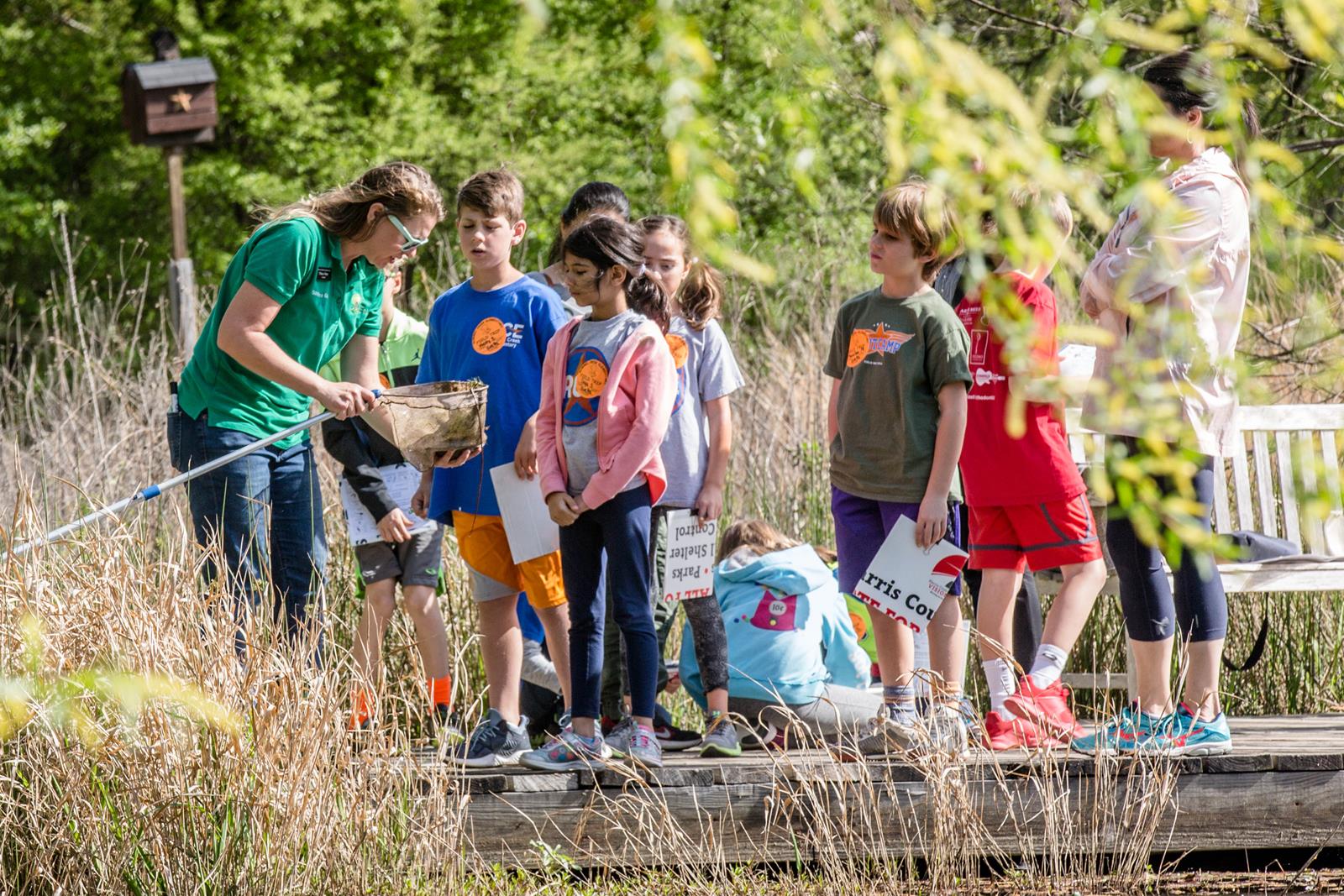
Credit: Houston Arboretum & Nature Center
For students interested in the nature and outdoors, the 155-acre Houston Arboretum & Nature Center has much to offer. Nature trails, outlook posts, viewing decks and birding platforms are a great way to explore the reserve. The Discovery Room is an interactive center with exhibits microscopes, field guides, discovery items, puzzles and games highlighting urban wildlife and natural habitats. With an exclusive summer group and school program, students and educators to learn about pond, meadow and forest habitats including learning about Learn about residents of Texas Gulf Coast grasslands and exploring onsite aquariums stocked with native animals.

